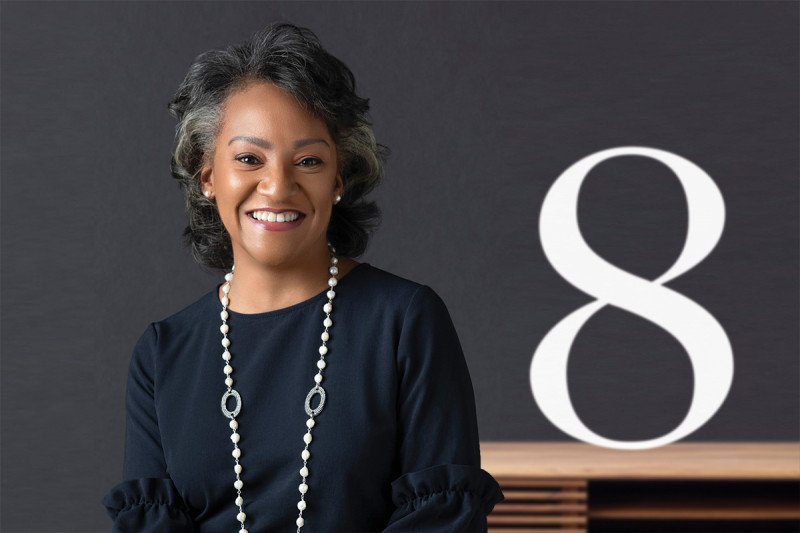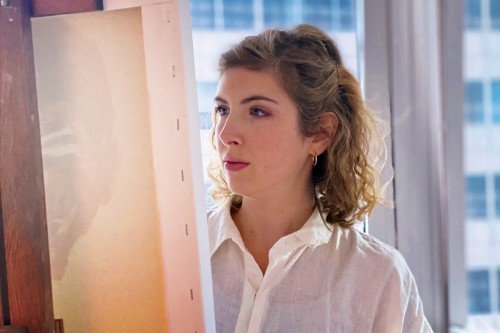
Tomya Watt is Vice President of Talent Acquisition & Mobility and Chief Diversity Officer at Memorial Sloan Kettering. She was interviewed in July of 2020, in the midst of institution-wide discussions about inclusion and diversity. Photo: Tamara Fleming Photography
What drew you to talent acquisition originally?
When I finished my MBA, I was looking for roles that would suit my temperament. I am introverted, but I’m also social, and I like people. Starting with my days in banking, I was always looking for a connection to a mission or to people, but I never really found it. At MSK, I know that every job that my team helps to fill is touching a patient in some capacity. That gives me the connection that I didn’t have in my other roles.
How do you see your role as Chief Diversity Officer?
Having someone in this role means that employees know they can air their concerns without fear of retribution. It’s my duty to make sure that the organization hears these concerns, and that we’re not just paying lip service — that we actually take action.
Has the job changed or intensified in 2020, since the Black Lives Matter protests really took off?
Yes. I’m having many more discussions with employees and with leaders around the organization. Leaders want to do the right thing when it comes to creating an inclusive and diverse environment, but they’re not always sure how to do it. They come to me seeking advice on how to navigate this space in a meaningful way.
Is it overwhelming?
I’m a Black woman who is the mother of two young adult Black children, a daughter and a son. We each experience racism in our communities every day in some way — from microaggressions to overt racism. So let’s just say it’s challenging.
What do you hope MSK can accomplish, concretely, in supporting diversity and inclusion?
As an institution, we need to have policies and processes to ensure that all employees feel valued and respected. We need to see an increase in diverse representation among leadership, including on the Board. Leaders need to hold their teams accountable to move toward an antiracist environment. And for our patients, we need to increase the number of Black and brown patients who receive care here.
Were you surprised by anything that came up during the recent inclusion and diversity listening sessions with employees?
As a Black woman? No, absolutely not. I think some leaders in the organization may have been surprised, and that’s why the listening sessions were crucial: Our leaders needed to start to understand these issues for themselves in order to be committed to the change that needs to happen. Change has to start with leadership, and leadership in this organization is white.
Do you think we are at a pivotal moment in time when institutions will finally start dealing honestly with systemic racism?
If not now, I don’t know that it will ever happen. Think about it: Eight minutes and 46 seconds — that’s how long it took for that white police officer to kill George Floyd. If change doesn’t happen now, then the message is that Black lives really don’t matter. I am going to be relentless about trying to drive change in the organization.
Who inspires you?
My children and my niece and nephew inspire me. I want to leave the world a better place for them. Also, my mother is an inspiration. She was a plaintiff in the Brown v. Board of Education lawsuit in Charlottesville, Virginia, where she grew up. To think about all she went through, it just feels like I’m being pulled along by that history. She was part of this movement to provide opportunities for the children behind her. And now I’m in a similar place of wanting to do the same for the children in my family. I’m dually inspired by my past and my future.



